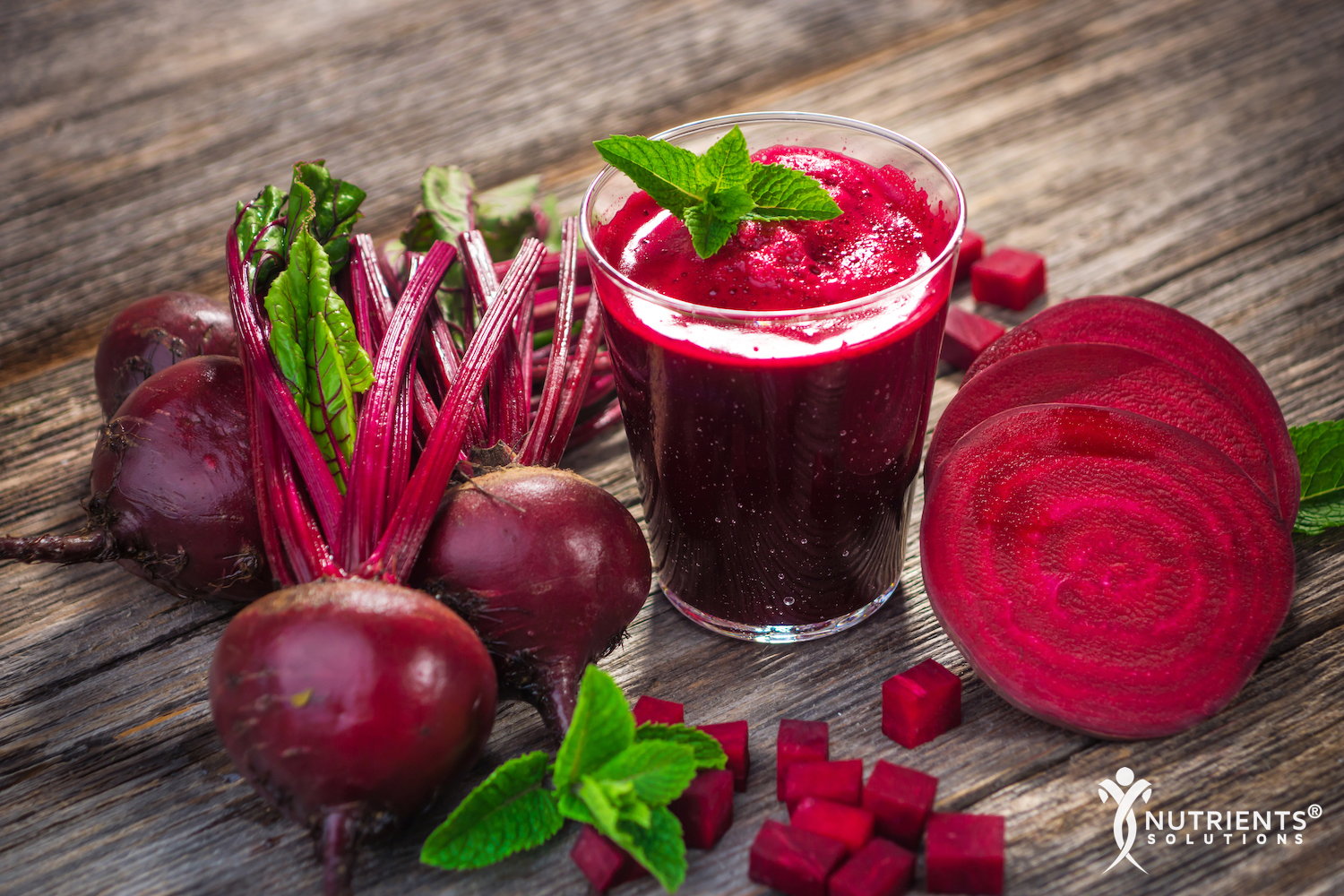Wellness Demystified: We Can Help You Discover Optimum Health
The Multiple Uses of Beetroot Supplements

Beetroot is a popular supplement and is believed to have medicinal properties. People use it for a range of conditions, including high blood pressure, high cholesterol, and gastrointestinal disorders. They also use it to improve athletic performance, reduce inflammation, and protect the liver. This article details the proven benefits of beetroot, citing the results of scientific studies as evidence.
Beetroot, derived from the beet plant, is used in natural medicine. People utilize beetroot for a variety of purposes, and it is believed to have health-promoting properties. Researchers have conducted studies to determine the specific purposes for which beetroot is effective, and the results have been promising, demonstrating that beetroot can protect the liver, lower cholesterol, and improve athletic performance, among other benefits.
Beetroot for the Liver
Some research has suggested that beetroot can promote liver health. A 2012 study in Food and Chemical Toxicology found that among rats with a liver injury, beetroot juice attenuated DNA damage and lowered biological markers associated with the liver injury. The study authors, who were affiliated with the University of Medical Sciences in Poznan, Poland, concluded that beetroot juice prevents liver damage [1]. Beetroot juice could, therefore, be useful for individuals suffering from conditions such as fatty liver disease.
Beetroot for Reduced Blood Pressure
In addition to protecting the liver, beetroot can have a beneficial impact on blood pressure levels. In a study in a 2012 edition of the British Journal of Nutrition, researchers from The University of Reading in the United Kingdom discovered that beetroot juice significantly helped lower blood pressure levels among a group of men who did not have hypertension. Beetroot supplements can naturally maintain blood pressure within normal ranges, and they could even be used as an alternative to medications for the treatment of hypertension. As the authors of the study explained, the nitrate content of beetroot is likely responsible for its ability to help reduce blood pressure [2].
Anti-Inflammatory Properties of Beetroot
Beyond its ability to help lower blood pressure levels, beetroot has anti-inflammatory effects. In 2017, scientists working for the Jinnah University for Women and the University of Karachi in Pakistan evaluated the effects of beetroot extract on inflammation levels in rats. The results of their study, which were published in the Rawal Medical Journal, indicated that beetroot had a strong anti-inflammatory effect, and the scientists concluded that beetroot could be useful for treating a variety of inflammatory conditions [3]. The anti-inflammatory properties of beetroot make it effective for inflammatory bowel diseases such as ulcerative colitis, and beetroot can promote digestive and gut health by reducing inflammation and calming an upset stomach.
Beetroot Protective of the Digestive System
Beetroot also seems to protect the digestive system through an ability to prevent the development of cancer in the esophagus. For a 2010 publication of the Journal of Medicinal Food, researchers from The Ohio State University and the University of Southern Maine conducted a study with beetroot. They found that when they gave beetroot to rats, it reduced the incidence of esophageal tumors when compared to rats who simply received plain water; the beetroot also helped reduced inflammation levels among the rats [4]. Based on the results of this study, beetroot can help protect the digestive system by defending it from cancer and by reducing inflammation.
Beetroot against Other Cancers
Esophageal cancer is not the only type of cancer against which beetroot can have a protective effect. Researchers from Howard University conducted a study with beetroot for publication in a 2011 edition of the journal Anti-Cancer Agents in Medicinal Chemistry. They compared the effects of beetroot to those of a cancer drug against prostate cancer and breast cancer cells, and they discovered that both the beetroot and the cancer drug were toxic to both types of cancer cells [5]. Beetroot could be implicated in cancer treatment, according to the results of this study.
Beetroot and Athletes
Beetroot is a popular ingredient in supplements marketed toward athletes, and multiple studies have shown that it can positively impact athletic performance. In a 2016 study in the European Journal of Applied Physiology, researchers from Northumbria University in the United Kingdom and Northwest University in South Africa discovered that beetroot juice decreased muscle soreness after jump exercises and helped participants to recover from the effects of the exercise more quickly when compared to a placebo [6]. Similarly, a 2012 study in the International Journal of Sports Nutrition and Exercise Metabolism found that cyclists performed better on a time trial after six days of consuming beetroot juice compared to when they consumed a placebo. The study’s authors, who were affiliated with Maastricht University Medical Center in the Netherlands and McMaster University in Canada, concluded that beetroot juice, which contains nitrate, improves time trial performance [7]. It seems that beetroot supplements are highly effective for athletes, as they can improve performance, facilitate recovery, and treat muscle soreness.
Beetroot for Cholesterol Reduction
The research supports the use of beetroot to improve athletic performance, and it also suggests that beetroot is an effective treatment for high cholesterol. Researchers from Iran conducted a study with beetroot for publication in a 2016 edition of the Journal of Human Hypertension. They found that raw beet juice reduced total cholesterol and artery-clogging LDL cholesterol among individuals with hypertension [8]. Beetroot, therefore, could be an effective alternative to pharmaceutical drugs for the treatment of elevated cholesterol levels.
Beetroot can help improve heart health by reducing cholesterol levels, and it has numerous additional benefits beyond its cholesterol-lowering ability. The research with beetroot shows that it can help improve athletic performance and decrease muscle soreness, protect against numerous types of cancers, and lower blood pressure levels. Beyond these benefits, beetroot has a protective effect on the liver, and it can improve digestive and gut health by reducing inflammation in general and by protecting against cancer and inflammation in the esophagus. Beetroot has a myriad of health benefits and is useful for many people; those with specific health conditions can use beetroot as a natural medicine, whereas those interested in general health and wellness can utilize it to promote healthy blood pressure and cholesterol levels, reduce their cancer risk, and help them to recover from strenuous exercise.


© 2019 Nutrients Solutions, LLC. All rights reserved. Disclaimer: The information provided is for educational purposes only and does not constitute medical advice. Always seek the advice of your physician or qualified healthcare provider with any questions or concerns about your health. Check with your doctor before beginning any exercise program. Never disregard or delay seeking medical advice because of something you have heard or read in this article or the internet.












